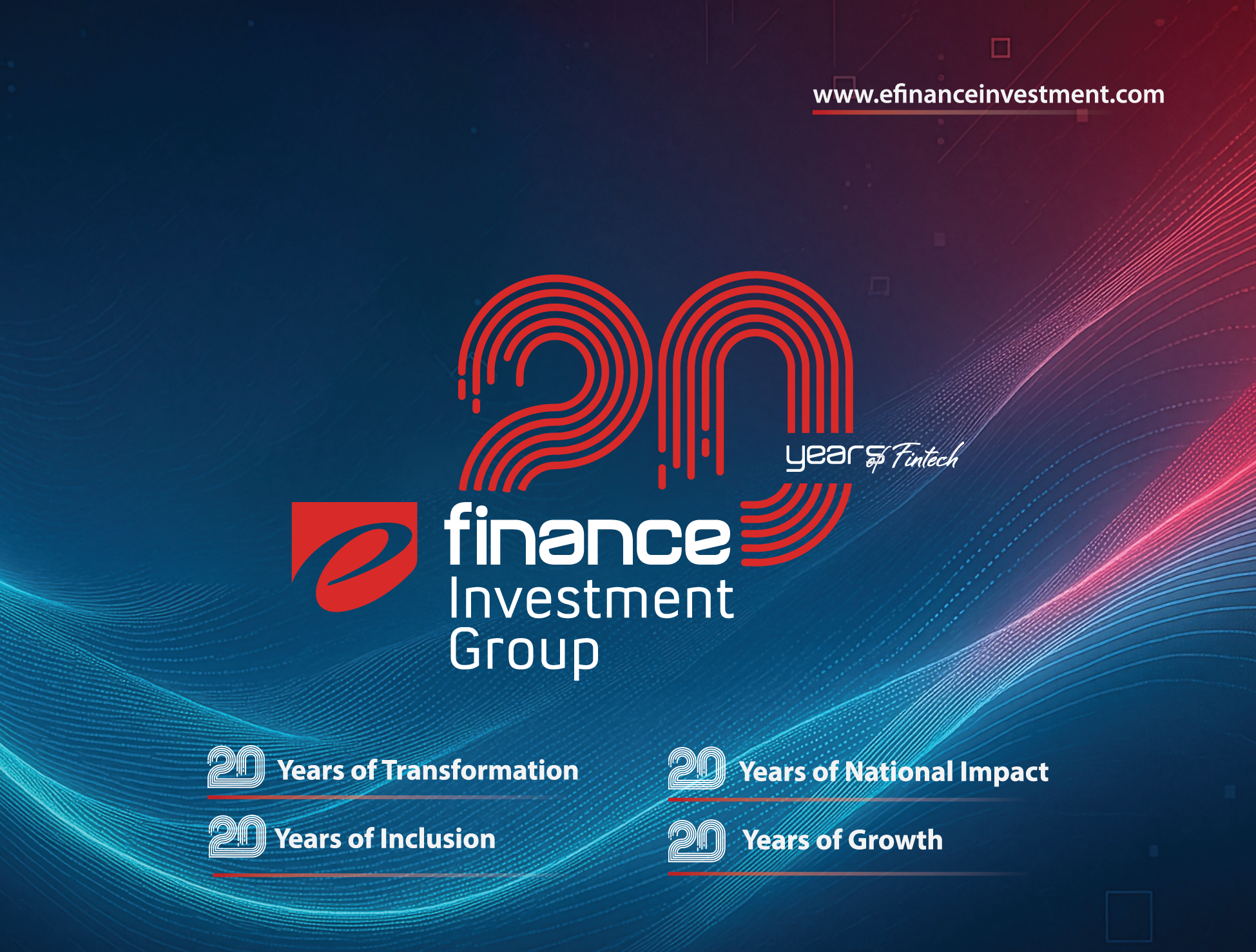- US deep tech businesses dominate patent applications in smart connected technologies.
- Three-quarters of small deep tech businesses developing smart connected technologies mention access to finance and the lack of skilled talent as business barriers.
- The Unitary Patent, greater access to later-stage growth funding and targeted grants alongside early deployment policies to get startups off the ground could help EU firms.
By : Basel Khaled
A joint report by the European Investment Bank (EIB) and the European Patent Office (EPO) published today, Deep tech innovation in smart connected technologies, identifies unique obstacles small businesses face in developing advanced digital technologies in the European Union. Cloud computing, the internet of things, 5G networks and artificial intelligence are often described as Fourth Industrial Revolution (4IR) technologies and form an important part of deep tech. Following the digital revolution, the Fourth Industrial Revolution refers to how these new technologies are blending the physical, digital and biological worlds. The new report offers recommendations to further spur the growth of EU firms and foster deep tech innovation in the European Union.
Read the report here and the executive summary here.
“From the internet of things to cloud computing, 5G and artificial intelligence, innovations in smart connected technologies are disrupting the status quo at accelerating rates across the globe,” said EPO President António Campinos. “Europe’s small but highly innovative companies working in these areas can play a decisive role in advancing its competitive position in digital technologies. Today’s study highlights the policy and business conditions needed for these companies to thrive.”
“New smart connected technologies will add €2.2 trillion to the EU economy by 2030,” said EIB Vice-President Ricardo Mourinho Félix. “European businesses are catching up with leading international counterparts, and investments in deep tech innovation are crucial to further enhance Europe’s competitiveness in advanced digital technologies. The EIB Group and its partners stand ready to mobilise private and public investments. We are striving to help firms developing these technologies to flourish.”
 US head start in global patenting activity
US head start in global patenting activity
The report finds that global patenting activity in 4IR technologies, which mainly concern smart connected devices from small and medium-sized enterprises (SMEs), remains strong in Europe: between 2010 and 2018 (the reference period of the study), the EU27 accounted for about 15% of international patent families (patent applications that are filed in at least two countries or with a regional patent office), and was the third largest contributor to international patent families after the United States and Japan. Patent activity in these technologies from small and medium-sized EU businesses rose rapidly during this period, with an average annual growth rate close to 20%.
Despite robust patent activity, the EU bloc shows the lowest specialisation in 4IR technology innovation relative to its overall innovation capacity. Top global innovation centres such as the United States, Japan, China and South Korea show the highest specialisation in the field.
In absolute terms, Europe also trails behind the United States when it comes to the number of small and medium-sized enterprises developing 4IR technologies. While the United States has 6 517 small businesses patenting in smart, connected devices, the European Union has less than half that number, with 2 634.
EU frontrunners

Within the European Union, Germany (570), France (400) and Italy (273) have the largest number of small and medium-sized enterprises developing 4IR technologies. Some smaller EU countries, namely Finland, Sweden, Ireland and Denmark, are outperforming other EU Member States and even the United States relative to their size thanks to their high concentration of small 4IR businesses. Outside the European Union, the United Kingdom, Switzerland and Norway also perform exceptionally well.
Differences and commonalities between the United States and the European Union
Access to finance and the lack of skilled talent are cited most often as business barriers by three-quarters of deep tech small and medium-sized enterprises developing 4IR technologies in the European Union and the United States.
The study shows that both in the European Union and the United States these businesses have an above-average investment intensity, face higher development costs and also need time to bring their innovations to market.
According to survey responses, 49% of small and medium-sized enterprises developing 4IR technologies consider patents as very important to securing finance, and 80% report that intellectual property strategy is of relevance to their investors.
The businesses surveyed in Europe and the United States have similar size and age distribution statistics: 80% of European 4IR SMEs have fewer than 50 employees and 42% are less than ten years old. Their activities span the healthcare, transport and cleantech sectors, as well as data analytics, and they are frequently (44%) involved in manufacturing.
Small and medium-sized enterprises contribute to a larger share of overall 4IR patent activity in the United States (16%) compared to Europe, where they account for 10% of the bloc’s activity in the field.
European SMEs developing 4IR technologies are more likely to consider the European Union and the United States as primary markets for growth: 57% of companies cite Europe as the top market for growth, while 24% consider the United States their future primary market. In contrast, their US counterparts cite the US domestic market as a priority for both current and future growth. Only 10% of them view Europe as a future primary market.
Main recommendations
Leveraging data, survey feedback and the case studies, the EPO-EIB report proposes a series of policy tools to foster smart connected technologies innovation in Europe.
Among its top policy recommendations, the study highlights the importance of innovation finance:
· Targeted grants and early deployment policies to get 4IR startups off the ground, combined with larger rounds of funding made available to these businesses at later stages of development. The EIB Group has specific instruments to close the access to finance gap for innovative EU companies. In addition to EIF investment activity in EU venture capital and scaleup funds, innovation finance activities within the EIB take the form of investment advisory support for the European Innovation Council Fund (for the grant and equity part) and direct investments through venture debt/quasi-equity instruments in a significant portfolio of innovative ventures.
· Market fragmentation across the European Union and access to top talent continue to hold companies back. Improved European collaboration on intellectual property, such as the introduction of the Unitary Patent in the European Union, is therefore a welcome development. The promotion of digital skills and more educational and vocational learning opportunities feature among the study’s longer-term policy remedies.













































































